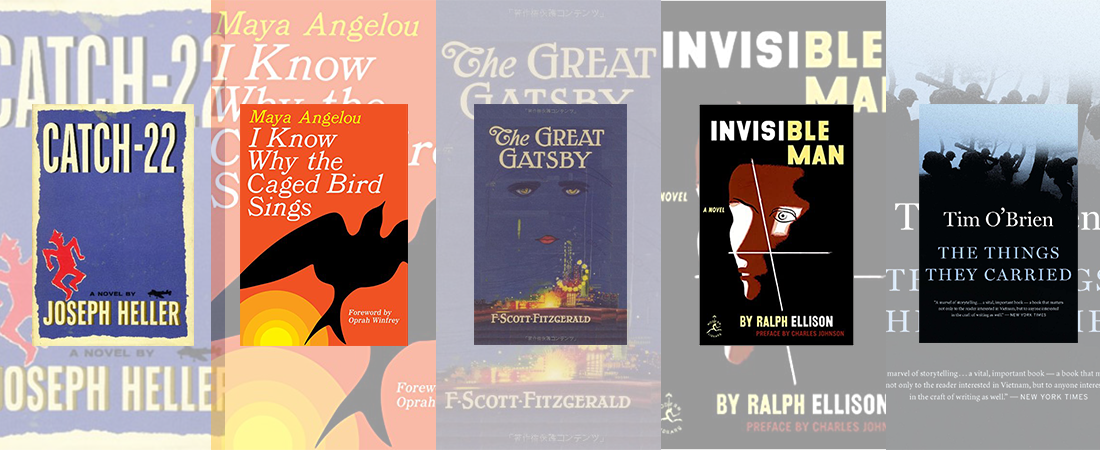UPDATE 5/7/2020–The Mat-Su school board held a meeting on 5/6/2020 at which the members were scheduled to reconsider their original decision. After hours of testimony, the vast majority of which supported retaining the books, the board voted to delay their re-vote until a meeting later in May. NCAC will continue to monitor the case and continues to offer its support to the district in retaining the books and strengthening their review procedures.
4/29/2020– The National Coalition Against Censorship has written to the school board of the Matanuska-Susitna (Mat-Su) Borough School District in Palmer, Alaska, urging them to reverse the decision to censor its own teachers and students. Last week, the board voted to remove five of the twelve books on the reading list for 11th grade English classes because the classic books were deemed to contain “controversial” content. Removing the books is educationally and legally unsound, is disrespectful to the district’s educational professionals, and reflects poor policy in the district.
The books removed in Mat-Su are classic works with long histories in American classrooms: I Know Why the Caged Bird Sings by Maya Angelou, Catch-22 by Joseph Heller, Invisible Man by Ralph Ellison, The Great Gatsby by F. Scott Fitzgerald and The Things They Carried by Tim O’Brien.
Media reports indicate that the board voted 5-2 to remove the texts from the curriculum, despite some members admitting to having read only descriptions of the content, not the books themselves. Books must be judged as a whole, not by isolated passages. (The US Supreme Court agrees.) Allowing the vague and subjective criterion of “controversial” to limit what students can read and teachers can teach throws open the doors to viewpoint discrimination. The personal opinions of a few, even a few influential community members, should not determine what students are permitted to read. Those decisions must be made for educational reasons. After all, where better than a classroom, under the guidance of trained educators, for students to encounter challenging, complicated ideas?
Alaska state law already allows parents who do not want their child to read a particular book to request an alternate assignment. As in many states and school districts, this allows parents to influence their own child’s education but prevents viewpoint discrimination from censoring the education of all students.
NCAC and its co-signatories call upon the board to reinstate the books and to permit its teachers to determine how best to educate its students on classic American literature.
Read the full letter to the school district below. Click here for a full-screen view:


